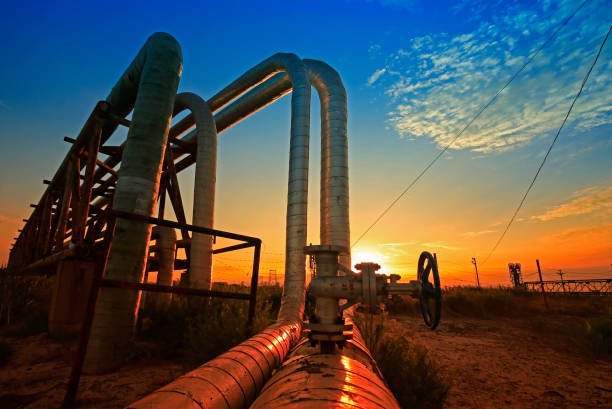Why does South Africa Need to Import Oil? South Africa, despite being endowed with vast natural resources, remains a significant net importer of crude oil. The country’s energy landscape is marked by its dependence on imported petroleum products, which account for a significant portion of its energy needs.
List of 5 Reasons Why South Africa Needs to Import Oil
South Africa needs to import oil because it has very limited proven oil reserves of its own, and the country’s energy demand far exceeds its domestic production capabilities. As a heavily industrialized nation with a growing economy, South Africa requires substantial amounts of oil to power industries, transportation, and households. By importing oil, South Africa can meet these energy needs and continue to support its economic growth.
Below we explore the reasons behind South Africa’s reliance on oil imports, the challenges it faces, and the potential long-term implications.
- Lack of domestic oil production
South Africa has limited domestic oil production capabilities. Although the country has discovered some offshore reserves, the reserves are not extensive enough to meet the nation’s growing energy demands. As a result, South Africa has to rely on imports from international markets to satisfy its oil consumption needs. Additionally, the high cost of exploration and production in the country has deterred further investment in domestic oil production.
- High energy demands
South Africa’s growing economy and population have led to increased energy demands. The industrial sector, in particular, consumes a substantial amount of energy, mainly driven by mining, manufacturing, and transportation. To meet these requirements, South Africa has had to rely on imported oil as a primary source of energy.
- Lack of sufficient alternative energy sources
Although South Africa is making strides in renewable energy production, the pace of development has not been rapid enough to alleviate the country’s dependence on oil imports. While alternative energy sources such as solar, wind, and hydroelectric power have been gaining traction, their contribution to the overall energy mix is still relatively small. As a result, the country must continue to rely on imported oil to meet its energy needs.
- Geopolitical factors
South Africa’s geographical location, far from major oil-producing regions, necessitates long-distance oil transportation, often through politically unstable areas. The volatility of oil prices, coupled with political tensions and supply chain disruptions, can result in fluctuations in the cost and availability of imported oil. These factors contribute to South Africa’s ongoing reliance on imported oil and its vulnerability to external shocks.
- Inadequate refining capacity
South Africa’s refining capacity is insufficient to meet the nation’s growing demand for petroleum products. The existing refineries have faced operational challenges, leading to temporary shutdowns and reduced output. This situation has forced South Africa to import refined petroleum products in addition to crude oil, further increasing its dependence on oil imports.
South Africa’s reliance on imported oil is a result of several factors, including limited domestic oil production, high energy demands, insufficient alternative energy sources, geopolitical factors, and inadequate refining capacity. The country’s dependence on oil imports leaves it vulnerable to external shocks and fluctuations in global oil prices. To address this, South Africa needs to invest in expanding its domestic energy production capabilities, diversifying its energy mix, and enhancing its refining capacity. In the long run, a sustainable, diversified energy sector will be crucial for South Africa’s energy security and economic growth.
Where does South Africa Import its Oil?
South Africa does not have significant domestic oil reserves, so it imports most of its crude oil from other countries. The main suppliers of crude oil to South Africa are:
- Angola
- Nigeria
- Saudi Arabia
- Ghana
These countries are among the largest oil-producing nations in Africa and the Middle East. Additionally, South Africa also imports oil from other countries, depending on market conditions, pricing, and availability. The exact sources of oil imports may change over time as geopolitical and economic factors evolve.
Furthermore, South Africa has a well-developed synthetic fuel industry, which converts coal and natural gas to liquid fuels using technologies like the Fischer-Tropsch process. This industry, led by companies such as Sasol, helps to reduce the country’s dependence on crude oil imports.

